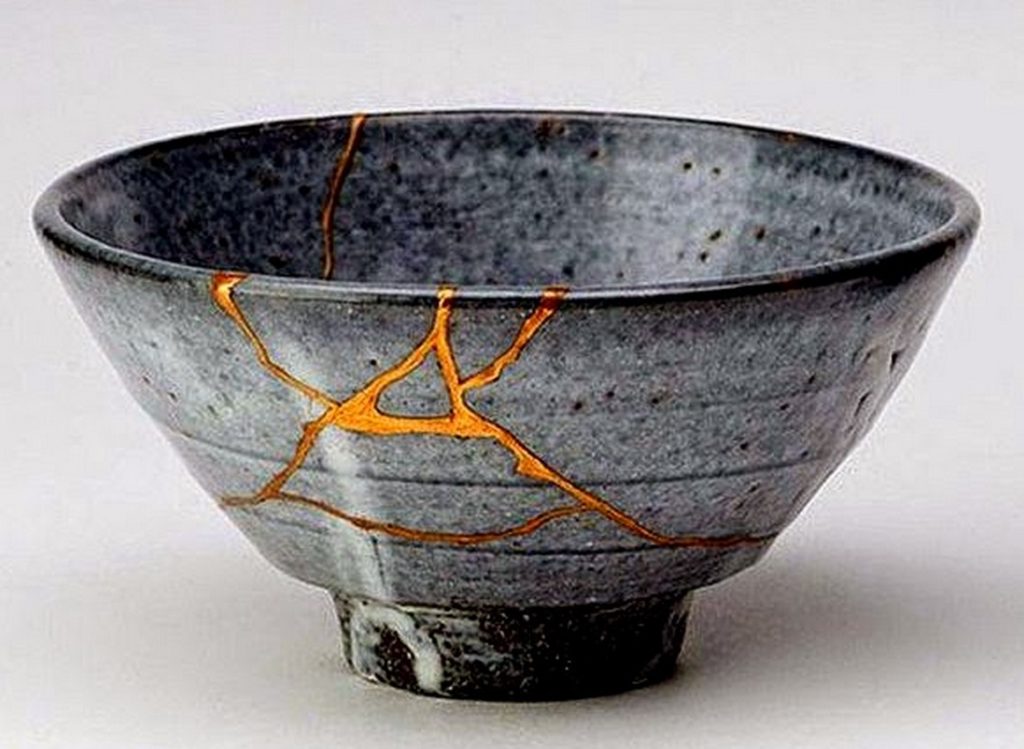
Materialism is a word we all nod at with guilt when we think about our daily lives, and is a word that is just generally ugly. Why are we so obsessed with buying things when we know it will not bring us happiness long-term? The desire to own new things is insatiable – the process of buying fills us with temporary ‘success’; the more you own, the better your life will be. It’s all about the dopamine! It seems even just the thought of buying something new gives us the same dopamine rush as actually buying a tangible item, despite the conclusion that objects don’t make us happy.
So why do we persist? Identity. What is a better way to express who we are to the world, than with materialism? We all want to be unique, whether we are taking inspiration from our idols, or setting a new trend; we express our vision through clothes, accessories, and other belongings. We are aalways in the pursuit of finding the latest fashion or technology which keeps materialism at large. BUT it is easy to forget the impact the process of this cycle causes for the environment. With materialism comes fast fashion, and an ever-growing list of new gadgets to indulge in. We use so much natural resource with the majority of it being returned to the pit as rubbish. We are polluting our earth with our unnecessary habits.
So how can Wabi-Sabi help solve these issues? “Wabi” defined as ‘rustic simplicity’, and “Sabi”, translating to ‘finding pleasure in the imperfect’, is a concept that invites us to end our pursuit of perfection (that more often than not leads to stress, anxiety and in some cases depression), and surround ourselves with the beauty found in the imperfect.
As Richard Powell explains in his book, Wabi Sabi Simple; ‘Wabi-Sabi is a way of life that appreciates and accepts complexity while at the same time values simplicity’. In other words, the Japanese philosophy encourages us to focus on the treasures already imbedded in our daily lives and celebrate those things as they are, rather than what they could be.
This philosophy does not just apply to material object, but is also a philosophy for the mind. It is giving you permission to BE YOURSELF. Relax, ad take time to step back and find gratitude and peace in your schedule against the chaos of the outside world. There are seven main principles to achieving Wabi-Sabi, both for the mind, and material:
1. Kanso – Simplicity
2. Fukinsei – Asymmetry
3. Shibumi – Beauty in the understated
4. Shizen – Naturalness without pretence
5. Yugen ¬- Grace
6. Datsuzoku – Freeness
7. Seijaku – tranquillity
The best way to remember Wabi-Sabi, is that nothing is permanent and even fixed objects will be changed. Following this idea, Kintsugi is an art in Wabi-Sabi where cracked pottery if fixed with gold dusted lacquer, showcasing the beauty of the potteries age and the damage it has endured. To highlight its damaged features embraces its unique individuality.
‘Bringing Wabi-Sabi into your life doesn’t require money, training, or special skills. It takes a mind quiet enough to appreciate muted beauty’
– Robyn Griggs.
If you want to express who you are, as an atypical being, embrace Wabi-Sabi and its simplistic way of viewing the world. Minimalistic, imperfect, and natural; Wabi-Sabi reduces production waste, while valuing the possible longevity of a material object, offering goods that are recycled and completely asymmetrical from one another.
Accept the cracks and cherish it as a symbol of time and love. Use this love to reduce the disposable society and mass-produced items.
Ways of embracing Wabi-Sabi include fixing broken items and creating something new and imperfect from it (a fashionable refashioning), planting flowers in the garden but letting them grow with their instinctive wild nature (don’t train or prune them just to create a satisfying view), live only with the essentials and a small collection of objects that hold true passion in their ownership (such as books or art); but most of all, embrace the world around you and love it for what it is, and love YOURSELF for who you already ARE.
